
The power of smart buildings on human performance: the ROI of working in a better building
Written By Heather Wray, PhD | Smart Building Collective
We spend most of our time indoors: in Europe we are inside our homes, offices and public buildings about 90% of the time. The quality of the indoor environment can, therefore, have significant impacts on our health and wellbeing. We try to make our homes as comfortable and functional as possible, but what about our workspaces? Put simply, employers should consider the quality and comfort of their offices and the impacts these physical spaces have on employees and other building users.
It stands to reason that offices with good air quality, lighting and climate control can lead to more comfortable and calming work spaces, allowing employees to be happier and more productive. In this article we will discuss some of the research that has been done in this area and the potential return on investment (ROI) of working in better buildings.
What is a “Better Building”?
What do you think of when you hear the term “better building”? For most cities and governments, this term has come to encompass buildings with improved energy efficiency. While this is certainly important and has obvious environmental and economic benefits, the BEST buildings will go above-and-beyond energy improvements to also optimize indoor environmental quality, flexibility, resilience, health and safety and connectivity (among other factors). This means that the best buildings are not only sustainable, but also smart. These improvements can have economic benefits as well!
Impact of the Building Environment on Employee Satisfaction & Well-Being
While we are seeing a trend towards sustainability features in the built environment, the belief that investing up-front in well-designed, smart, and energy efficient offices is expensive with a low ROI persists in the industry. The economic contribution of the employees working in the building is not typically considered in these calculations, but can have a significant impact on investment returns.
The quality of the indoor environment can have a profound effect on how we feel: air quality, ventilation, temperature, lighting, noise...think about how each of these factors can affect your ability to work, whether you need to concentrate in silence or brainstorm with colleagues in a stimulating environment. It is therefore no surprise that indoor environmental quality and occupant satisfaction are so closely connected. In research conducted on the effect of the office environment on employee health it has been found that occupants of high performing buildings had 30% fewer symptoms of “sick building syndrome” and scored 26% higher on cognitive tests than those in conventional buildings (Macnaughton et al. 2017). When it comes to employee satisfaction, occupants self-report as more satisfied in buildings/workstations with lower background noise, higher light levels and better air quality, specifically lower levels of particulate matter (Newsham et al. 2013).
Attaching a monetary value to these types of health and wellness benefits of better buildings is much more difficult than measuring direct savings associated with energy efficiency, for example. However, given that 90% of typical business operating costs is staff, even the slightest improvement in employee health and productivity would represent a significant financial gain for employers (World Green Building Council, 2014).
Other Financial Benefits of Better Buildings
In addition to financial benefits from energy efficiency and worker health and wellbeing, additional factors may contribute to a positive ROI of smarter, more sustainable office buildings. It’s important to think about the big picture: the individual or unit return on investment of specific interventions to make buildings better might be small, but the overall gains when considering large numbers of occupants or building users can be significant (Licina et al. 2019). Some of these benefits include:
Increased day-to-day productivity
Increased worker retention
Increased ability to attract top talent
Although difficult to quantify, one study estimated the ROI of improved worker productivity in a hypothetical high-performing office building. Returns (IRR) of 298% over 5 years were estimated, assuming a modest productivity gain of 0.5%, as well as
reductions in employee turnover and absenteeism (Muldavin et al., 2017). Another study calculated that tenants of high-performing office buildings could gain $3,395 (USD) per employee per year, based on similar factors (productivity increase, fewer sick days, etc.) (Attema et al., 2018).
Other benefits of better buildings on ROI include:
Insurance savings based on climate resilience
Increased building market value
Space optimization
Longer lifespan/operating time prior to renovations
One study found that the most sustainable, highest performing buildings have 13.6% lower operating costs, up to 6.4% higher occupancy and up to 11% higher building value than conventional buildings (MacGraw Hill Construction, 2010).
The Role of Smart Technologies in Better Buildings
Smart technologies are needed to integrate and adjust all of the workings and components of a building to fit user demands and behaviors and make sure the building is running at its peak performance. The smartest buildings have financial benefits associated with optimizing building systems so they are more efficient (like heating, cooling, ventilation, cleaning, etc.) which leads to cost savings. But smart functionality can, by extension, also lead to happier and more productive building users, by
optimizing indoor environmental parameters, as well as functions like cleaning, safety and connectivity.
For example, it is well documented that sick building symptoms, sick absenteeism and reduced productivity are linked to low ventilation rates (Licina et al. 2019). Smart technologies like sensors can cost-effectively monitor and measure environmental quality parameters (air quality, light, temperature, etc.) and react to better manage conditions that are not ideal (e.g., hotspots in the building or in response to a specific activity like the installation of a new carpet or paint which may affect air quality).
Smart technology is required to continually monitor, maintain and improve building operations. As buildings become smarter, systems will be optimized and better maintained throughout the lifetime operation of the building, leading to better efficiency and, ultimately, greater cost savings.
Summary
We believe that the smartest and most sustainable office buildings can provide added value over traditional office buildings. Smart and sustainable office buildings are energy efficient, flexible, resilient, safe, connected and have a high indoor environmental quality (air quality, ventilation, temperature, etc). The best buildings are not only sustainable, but also automated, optimized and adjusted with smart technologies. In this way, the building can achieve its maximum potential, as can the users of the building.
Dedication to smart and sustainable office buildings is not only good for a company’s brand, it can also lead to a strong ROI and not just with respect to energy savings.
Smart and sustainable buildings are good for employee health & wellbeing, retention, job satisfaction and talent attraction. These buildings are also more flexible with a longer operating time, more climate resilient and have a higher market value.
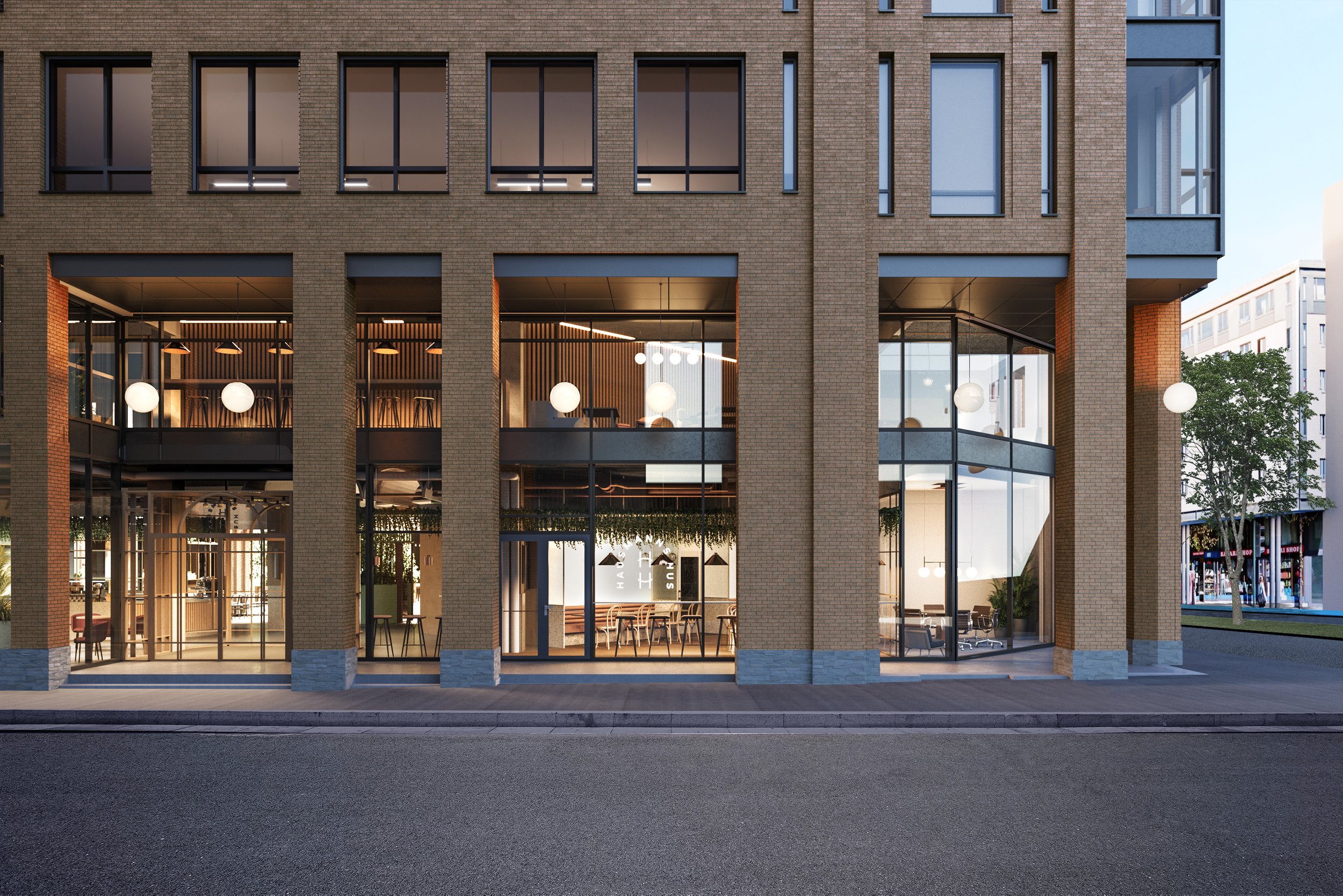
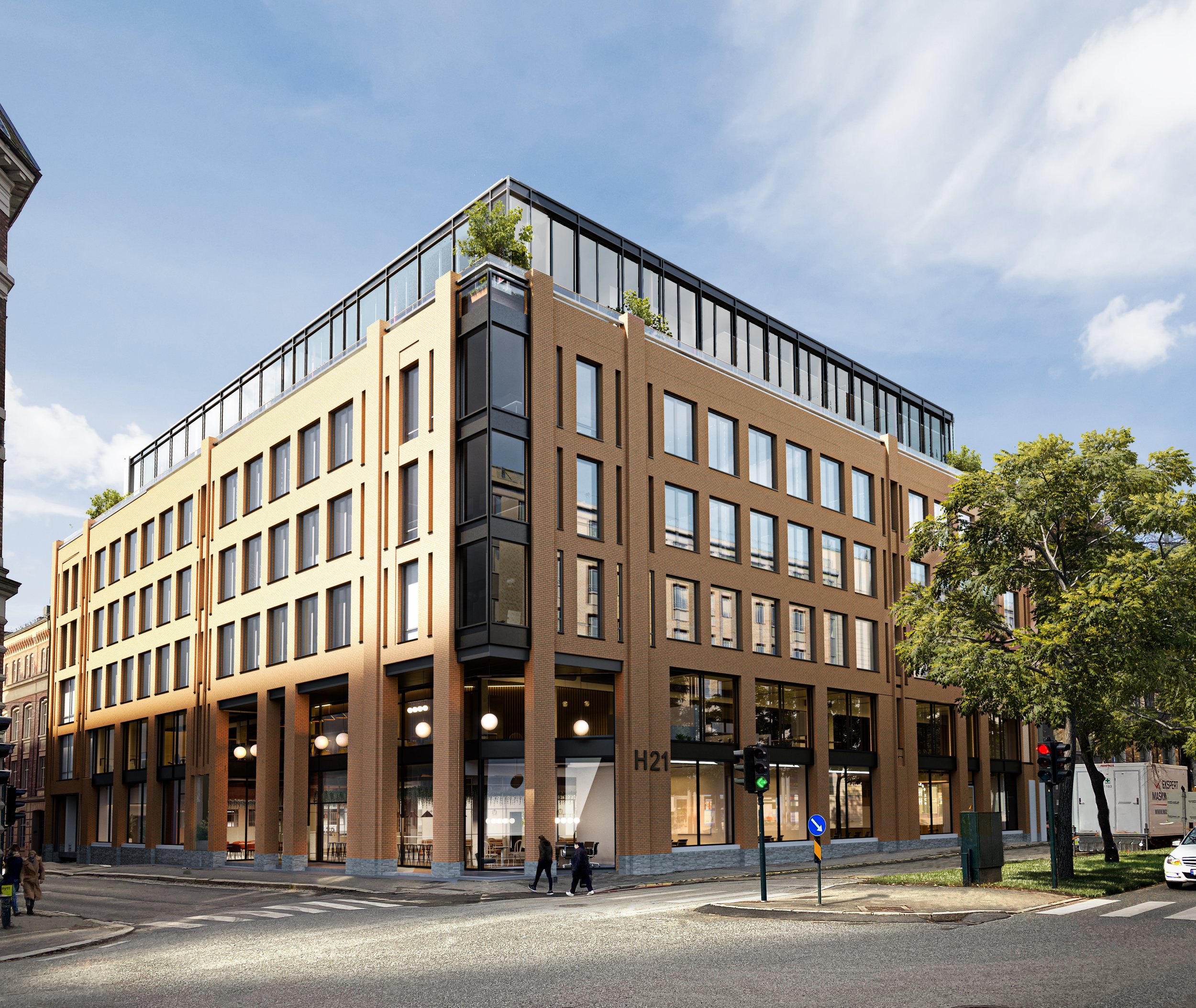
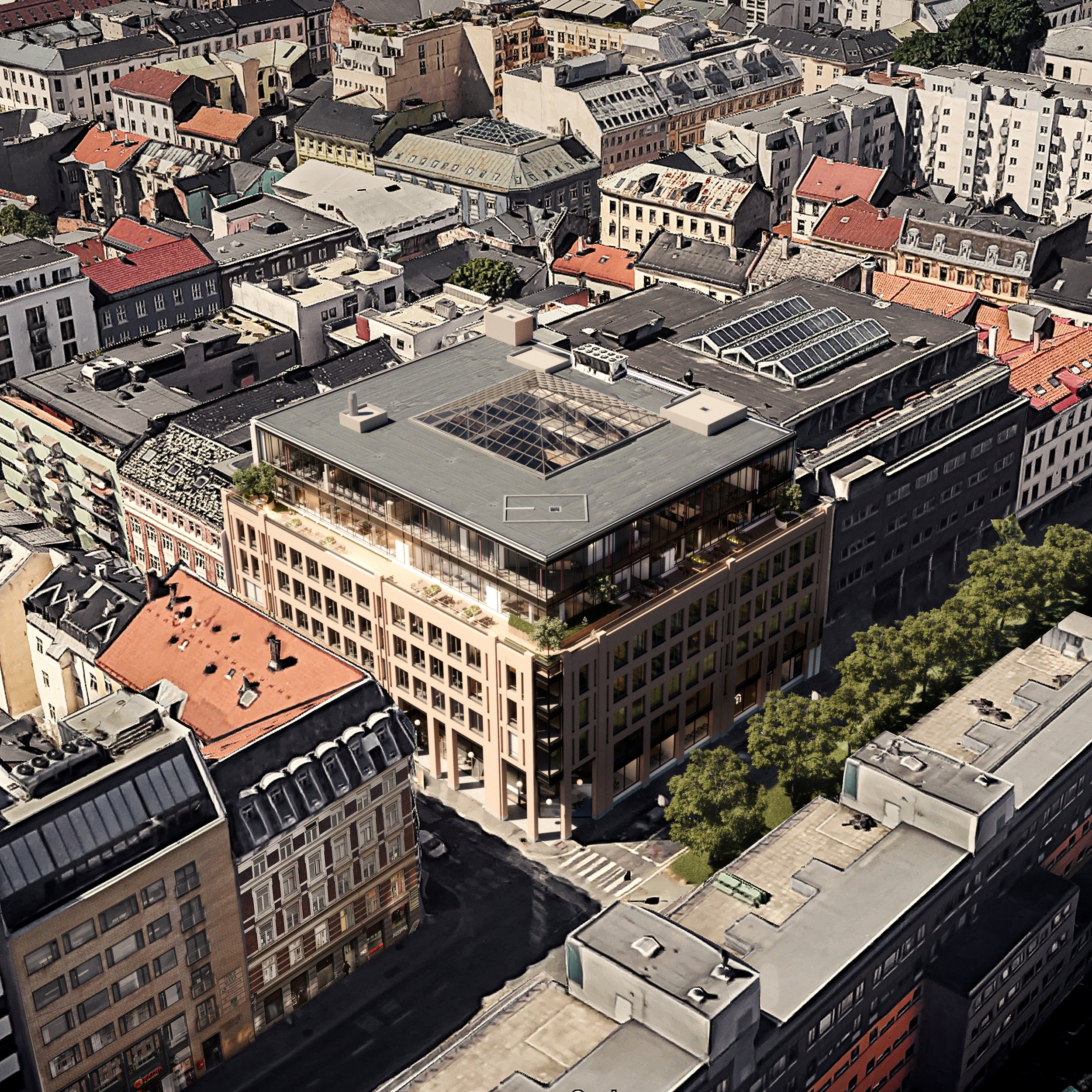
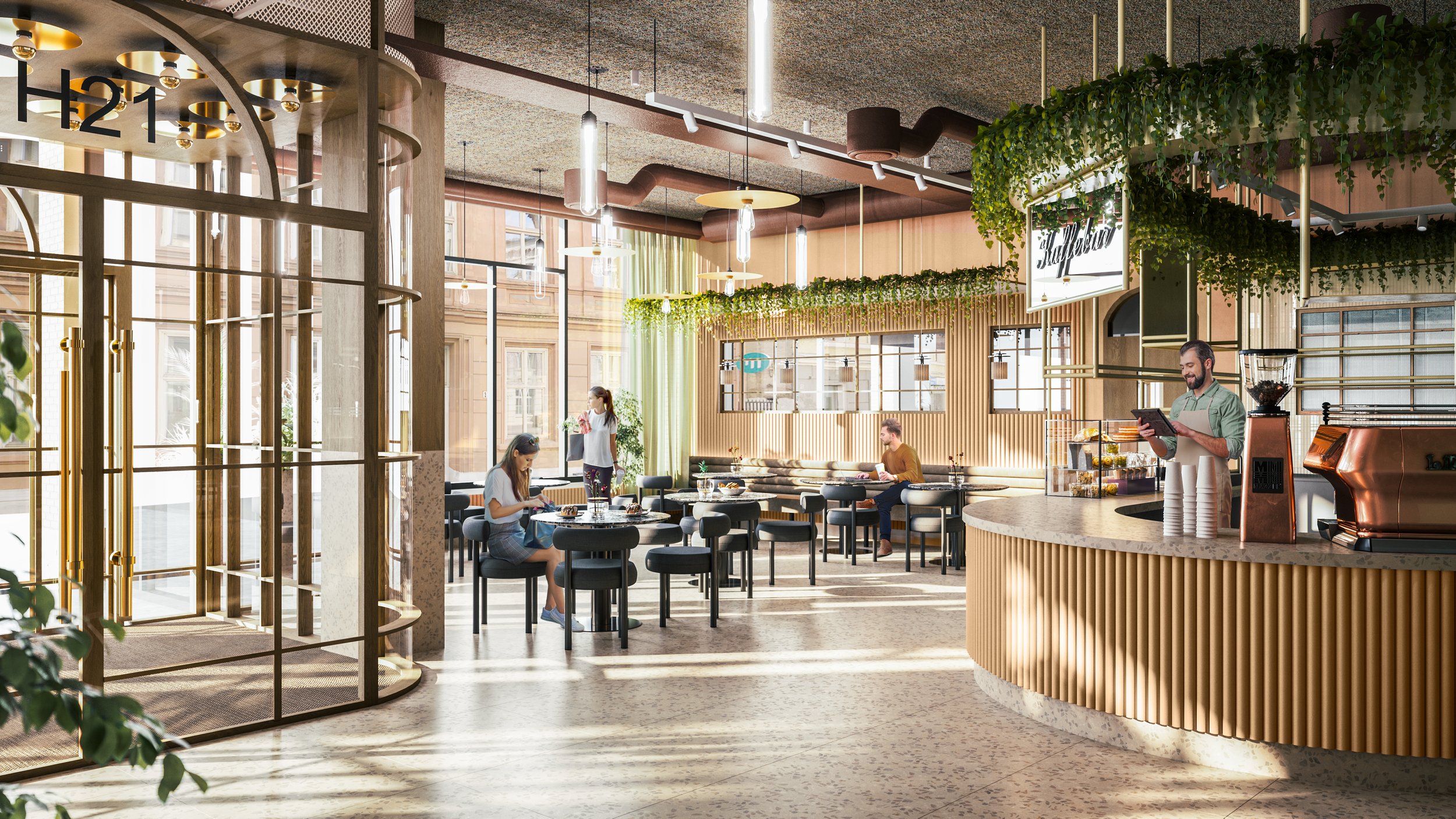
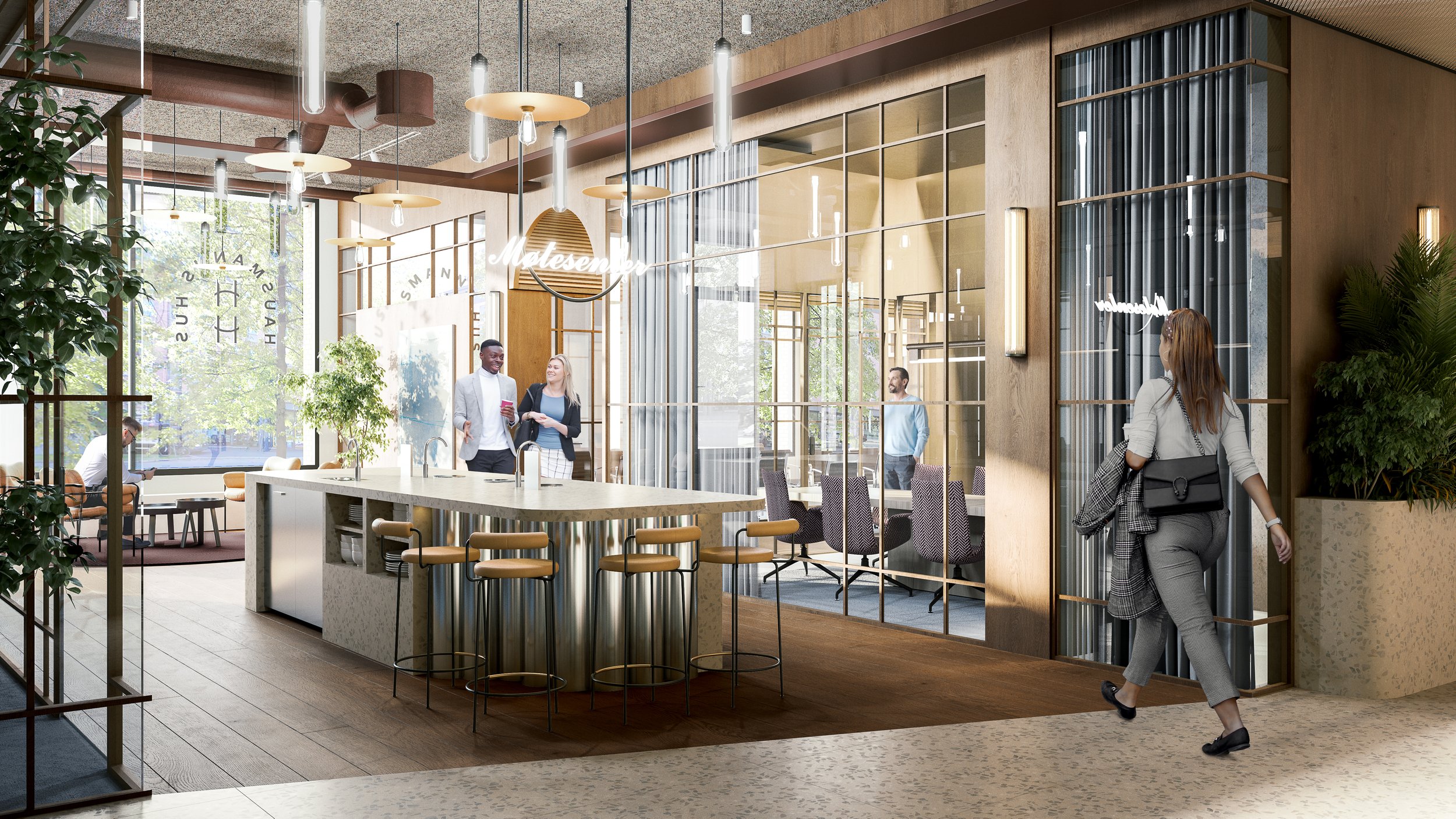
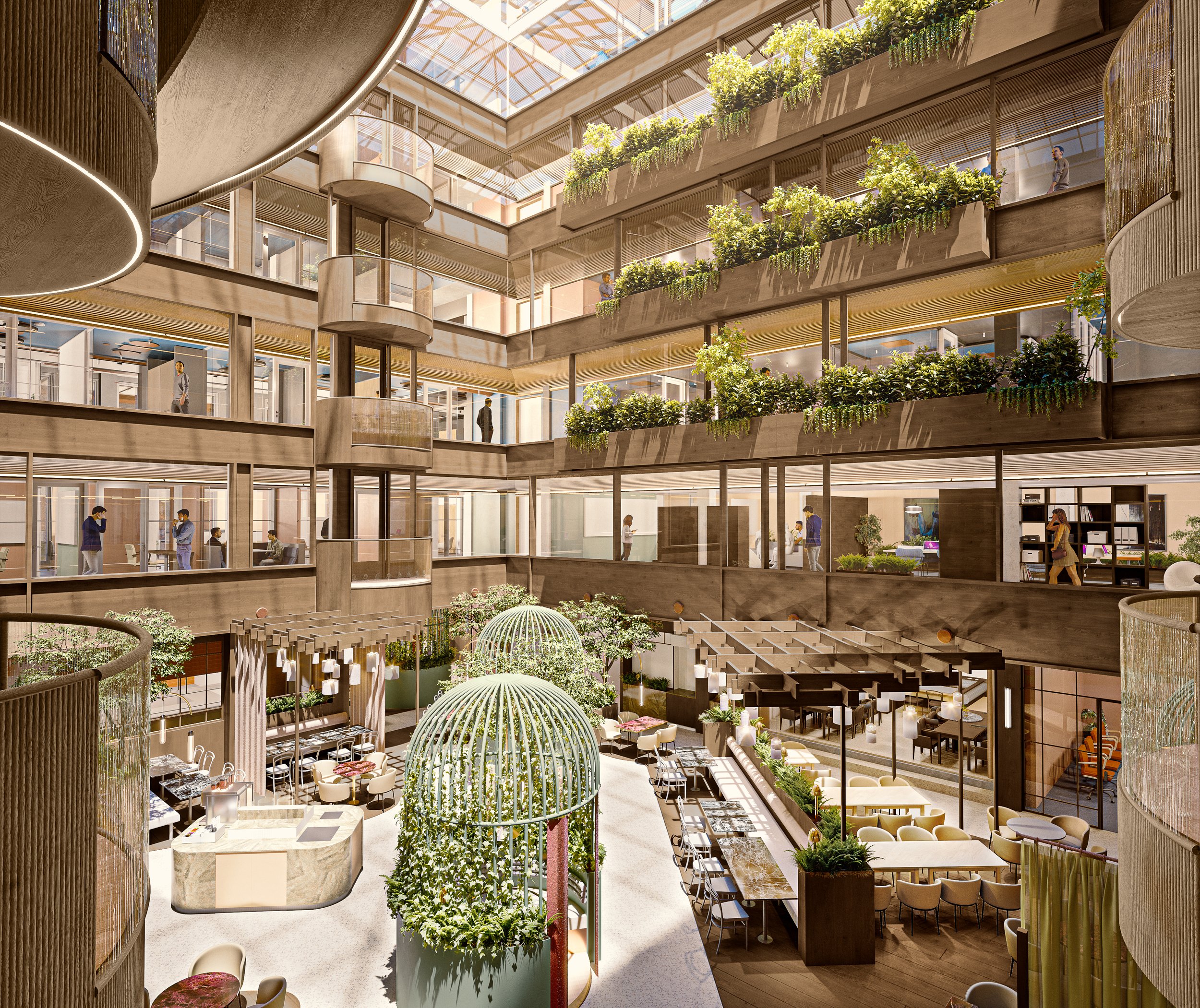




About Hathon
Hathon Holding AS is owned by Jorunn Marie Thon, Olav Engebret Thon and Halgrim Thon. Halgrim worked for 31 years as property manager in the Olav Thon Group, of which 18 years as managing director of the listed company Olav Thon Eiendomsselskap ASA. In 2000, he left Olav Thon to invest in his own portfolio. The group focuses on real estate investments mainly in Norway, Sweden and Denmark. Real estate investments include both long-term real estate holdings and several development projects. In addition, the group has a number of financial investments in shares and securities.
Get in touch to learn more
-

Martin Sofus Almerud
Technical manager - Sustainability | Optimizing | Development
Hathon
martin@hathon.no
Tel.: +47 971 86 447
-
-

Heather Wray
Research Team
Smart Building Certification
heather@smartbuildingcertification.com

